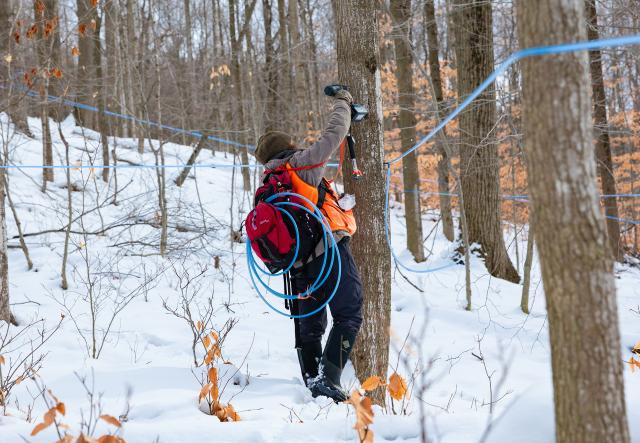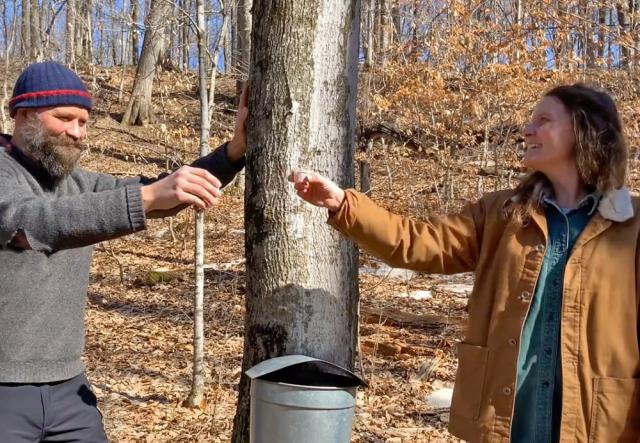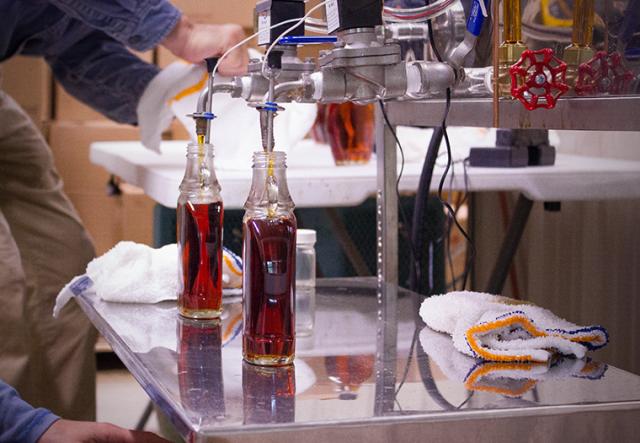First Day of Sugaring: The Writing's on the Wall
We boiled our first maple syrup this year on February 5th–the earliest date in memory. Is this climate change at work? What do we make of it? I dug into the data for some answers.
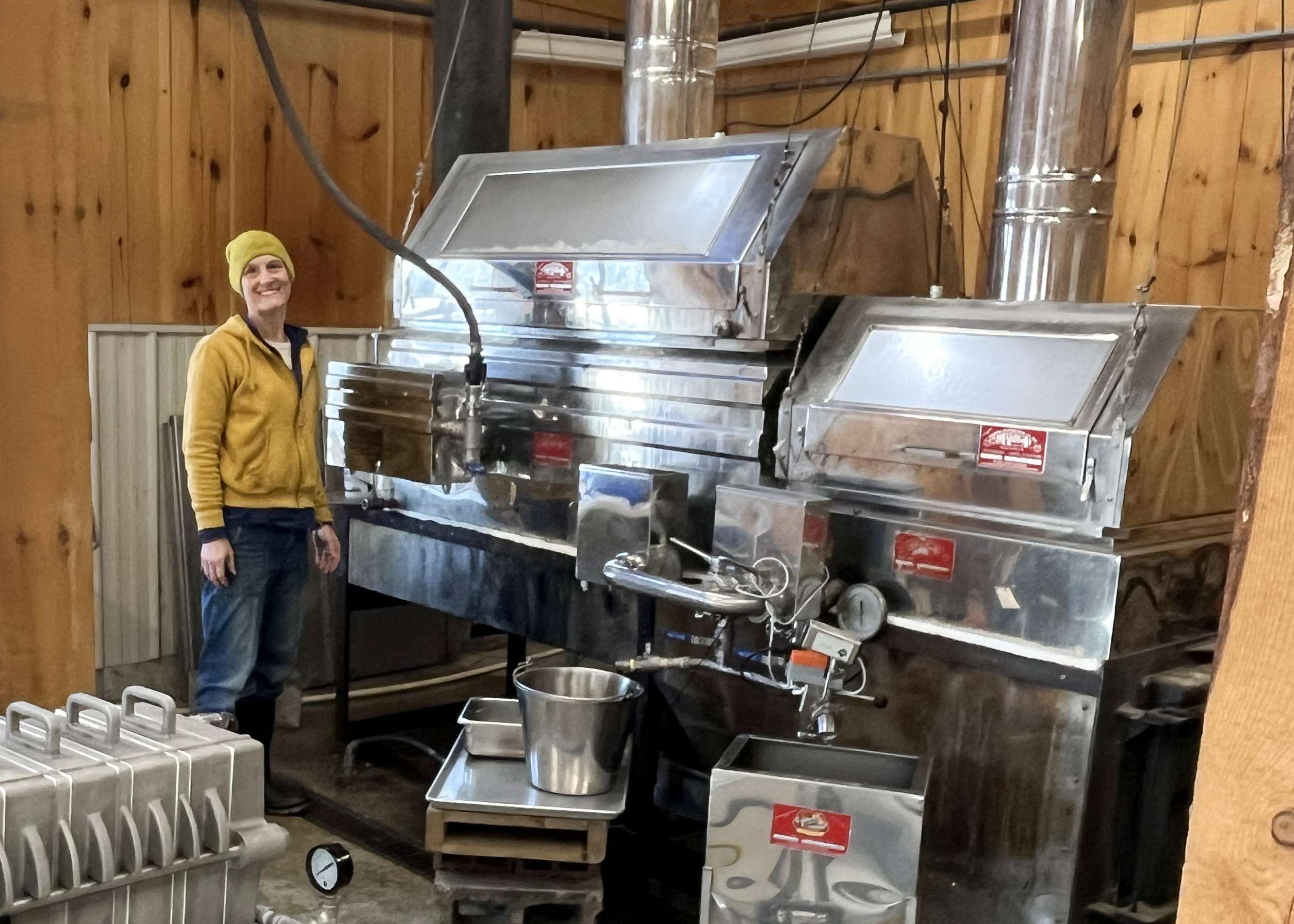
Although our sugaring operation has some high-tech equipment—vacuum pumps, an RO machine—our record-keeping is old school. The team pencils daily production totals on a wooden board, one per season. (The cumulative totals get entered in a database.) Each board records the date of our first boil.
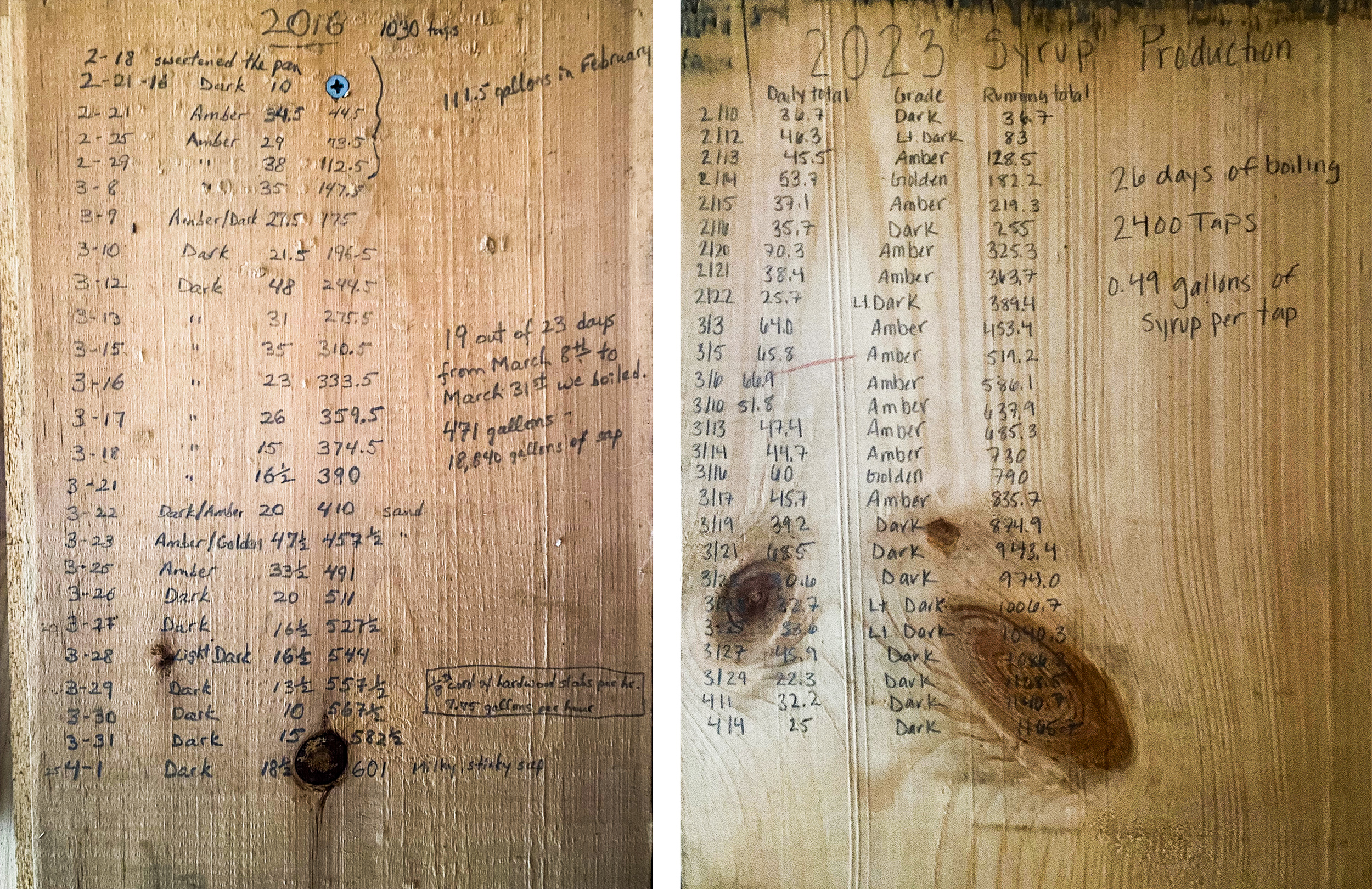
I charted the penciled data to review it.
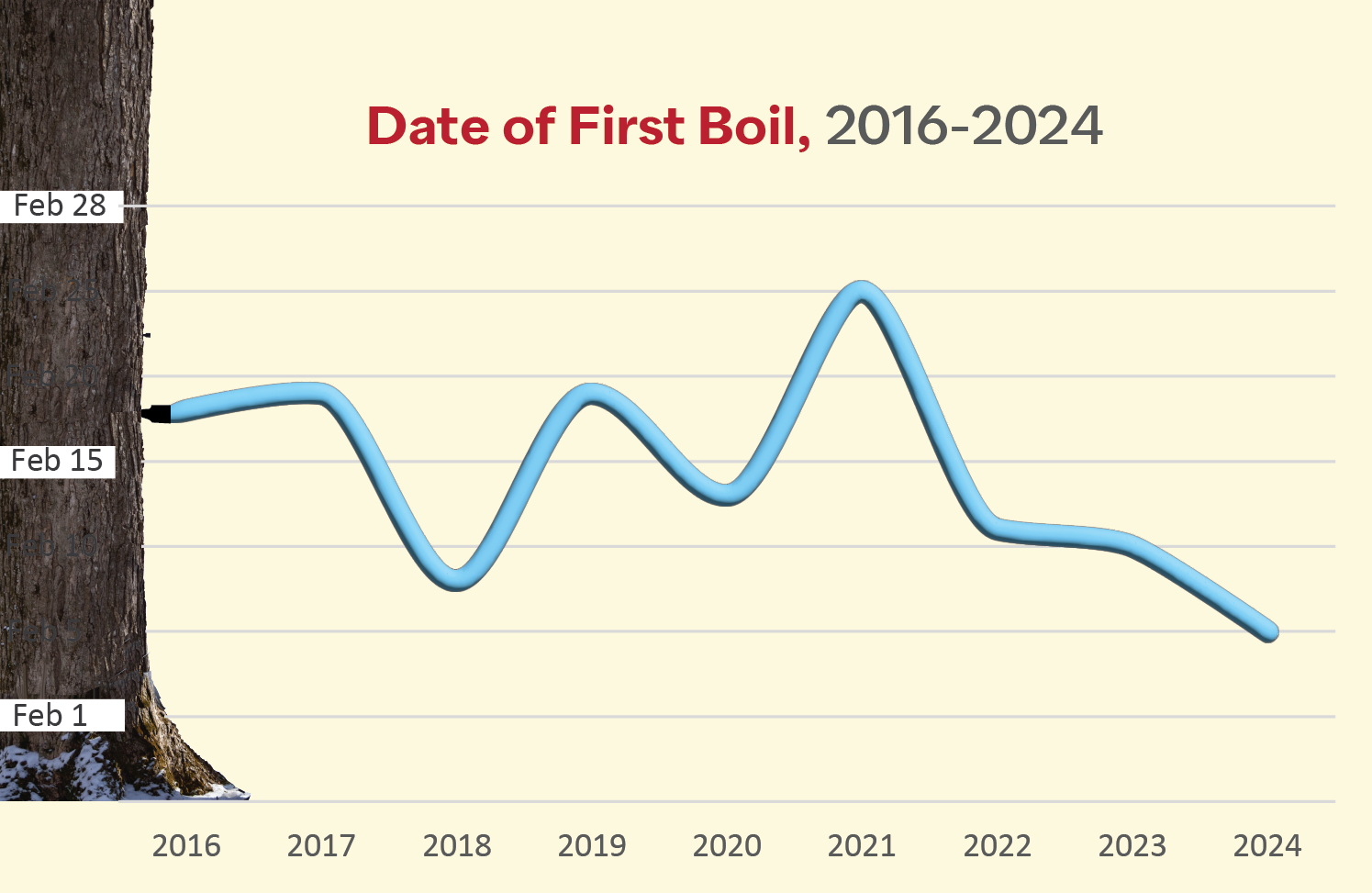
Hmmm... Our earliest boiling date was in 2024, but 2018 was pretty early, too. So were 2022 and 2023. It’s tough to be confident in any trend based on less than 10 years of data. (The stats start in 2016 when our production sugarhouse began operation.)
Then I remembered: Older records are still nailed up in the original sugarhouse behind the Farm Barn! I walked up to take a look.
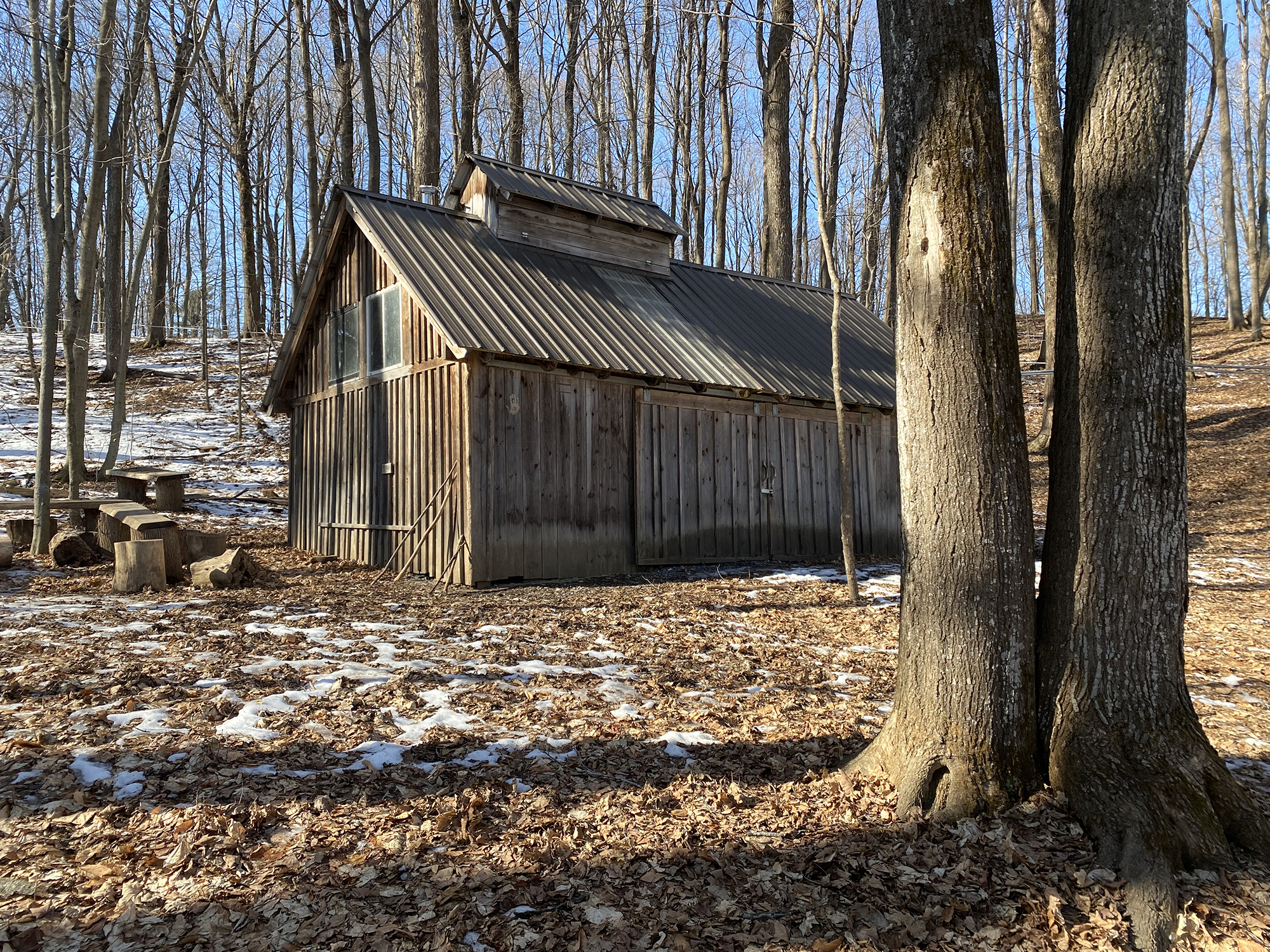
Though the rougher boards are hard to read, the records date back to 2000. I added them to the spreadsheet and made a new chart.
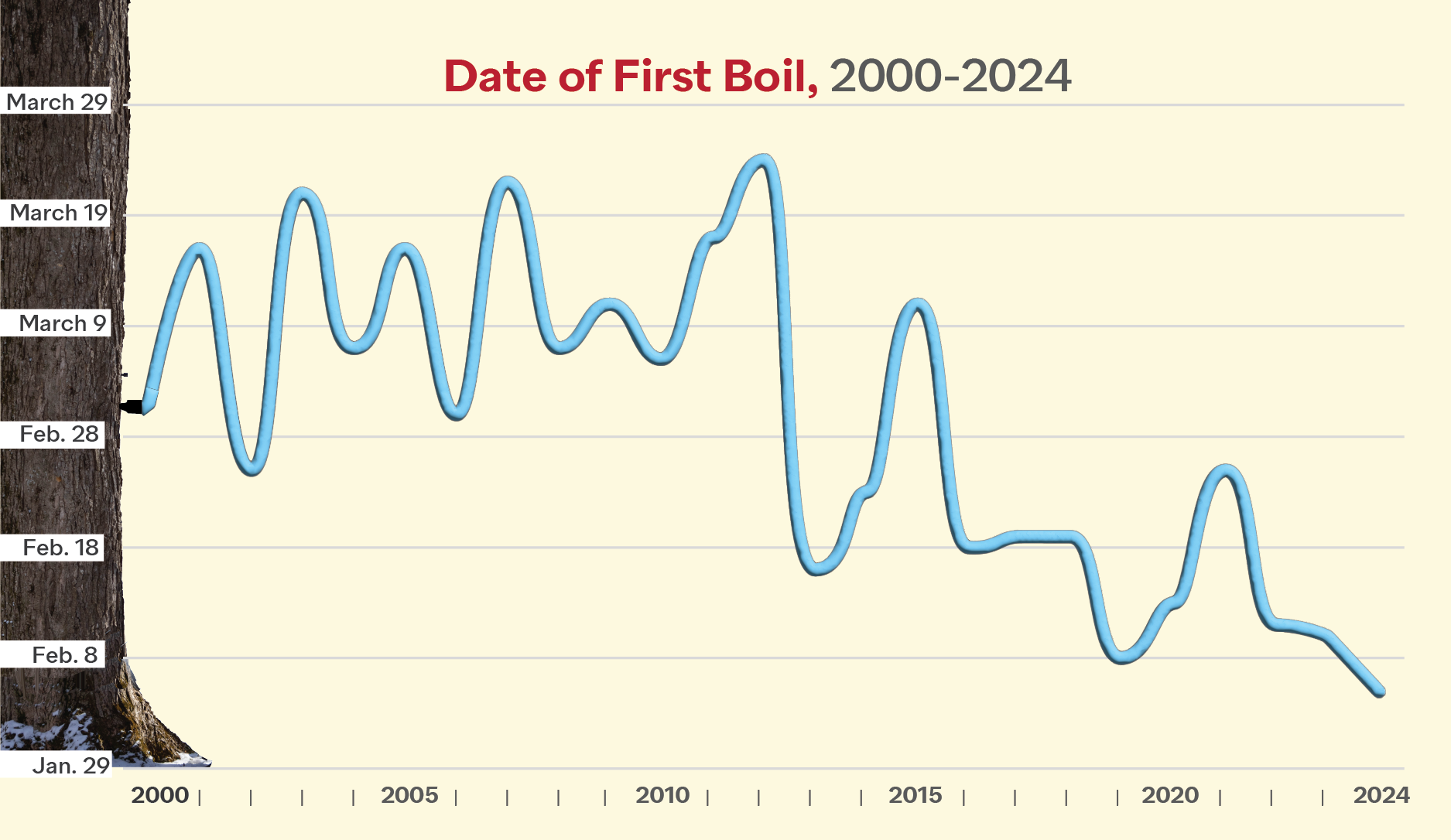
The first days of sugaring prior to 2016 hover around mid-March! After the new sugarhouse comes online, they dip well into February. Is this climate change? Well.... The education sugarhouse didn’t really follow Mother Nature’s schedule. It followed the school schedule! Its focus was (and is) on education, not production, so we weren't so anxious to catch the first sap run back then. The boiling usually started just before the sugaring field trips did.
What does our sugar team think? "The traditional rule was that you needed your taps in by Town Meeting Day," says Woodlands Manager Dana Bishop. "Now it's more like Superbowl Sunday." That's a shift from the first Tuesday in March to the second Sunday in February. It's a shift confirmed by the University of Vermont's Proctor Maple Research Center, which has found that the average sugaring season in Vermont now begins 8 days earlier than it did 50 years ago.
"I'm not looking at the dates, I'm looking at the weather," admits Dana. "So we're aware that things are unusual—that it feels like March mud season in mid-February, but for now we're still making a full crop." Her concern is that "at some point, we may not even have a winter to have a spring for sugaring."
Ultimately, the answer to “is climate change shifting our sugaring season?” appears to be yes. But it may not be the most important question. Climate change is upon us. We’re seeing it globally and in our backyards. (My phone app read 47°F on February 9th as I walked to the education sugarbush for this blog). We’re seeing it in our days and in the data.
So the question is, "What are we doing about it?" For now, we're preparing for sugaring earlier in the season (Taps in! Tubing inspected!). This year, we also expanded our tap lines by 210 taps: a buffer against weaker seasons. More broadly, we all need to curb and control our carbon footprint to slow the changes. And we need to keep writing that data on the wall.
For a recent broader perspective, read How Climate Change is Impacting the Maple Syrup Industry, from the UVM Gund Institute for Environment, via Vermont Business Magazine, February 15, 2024

